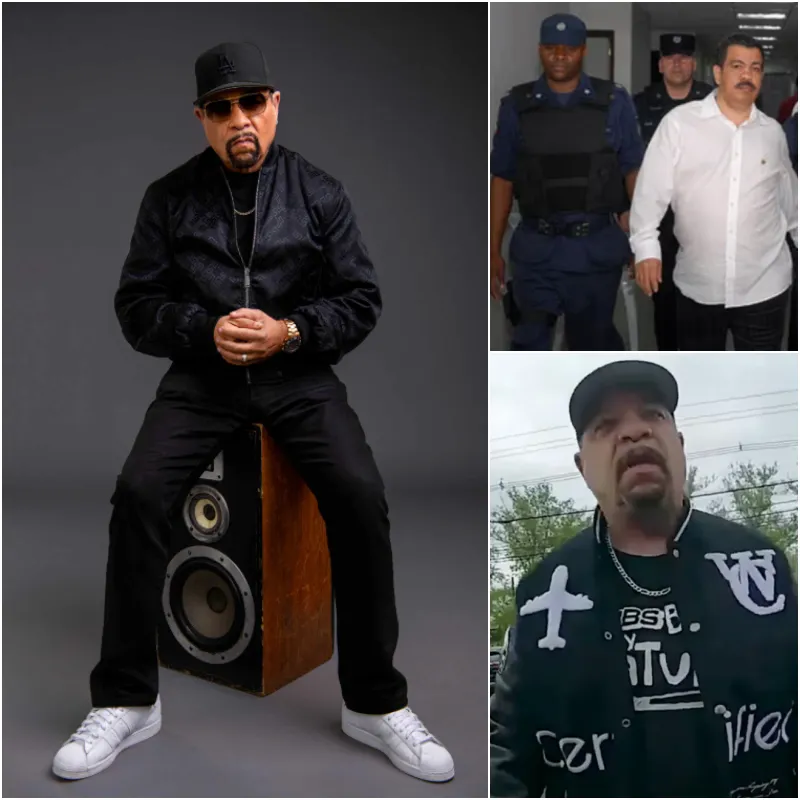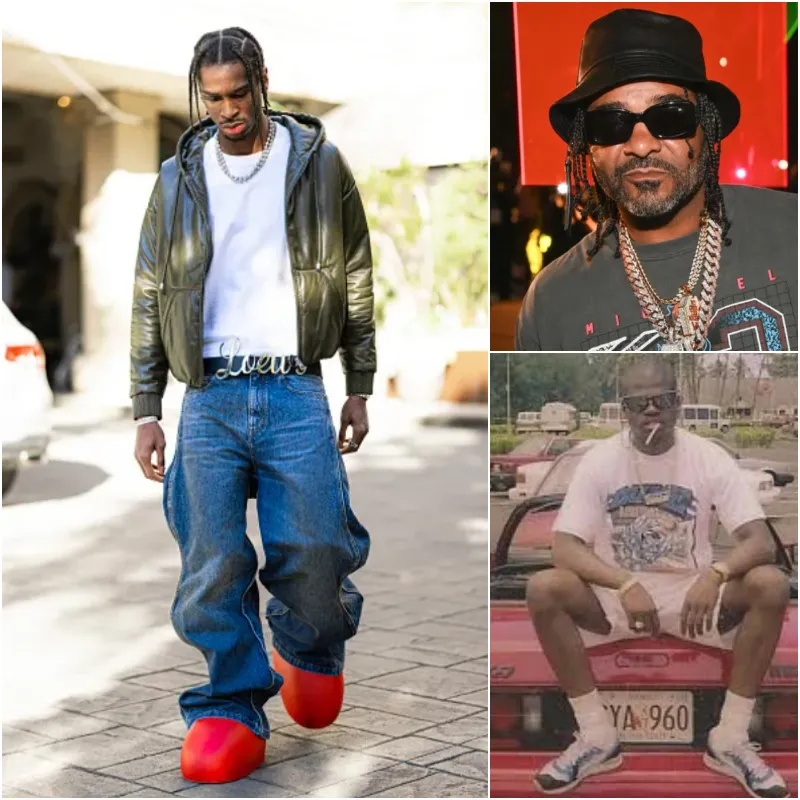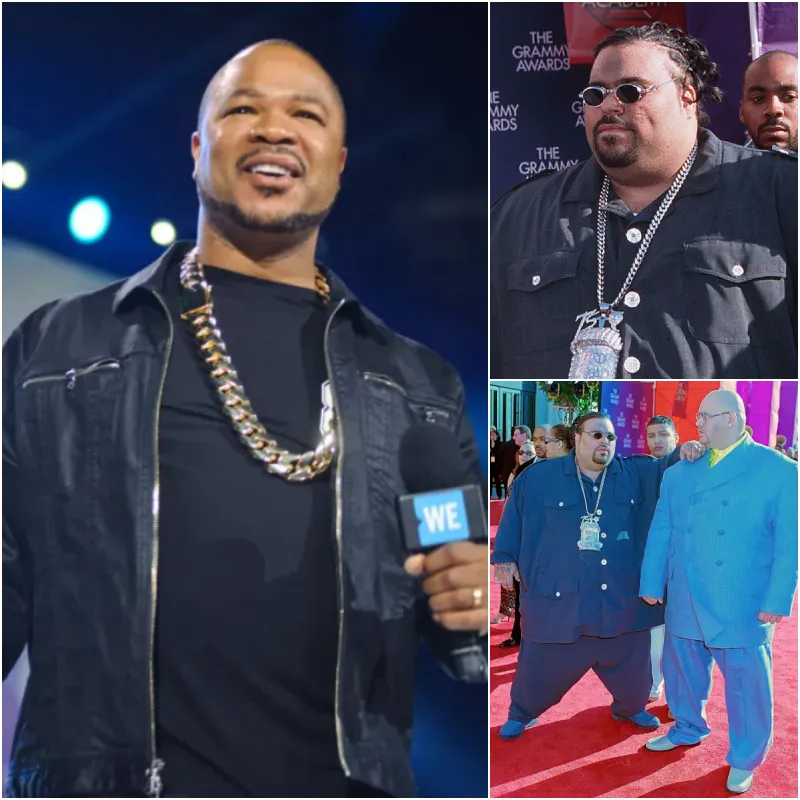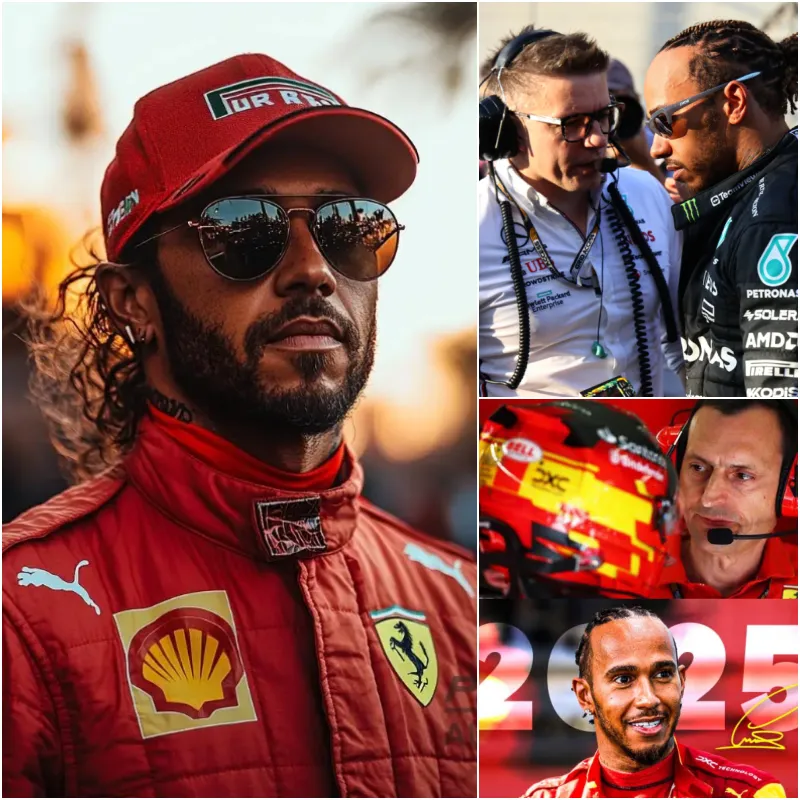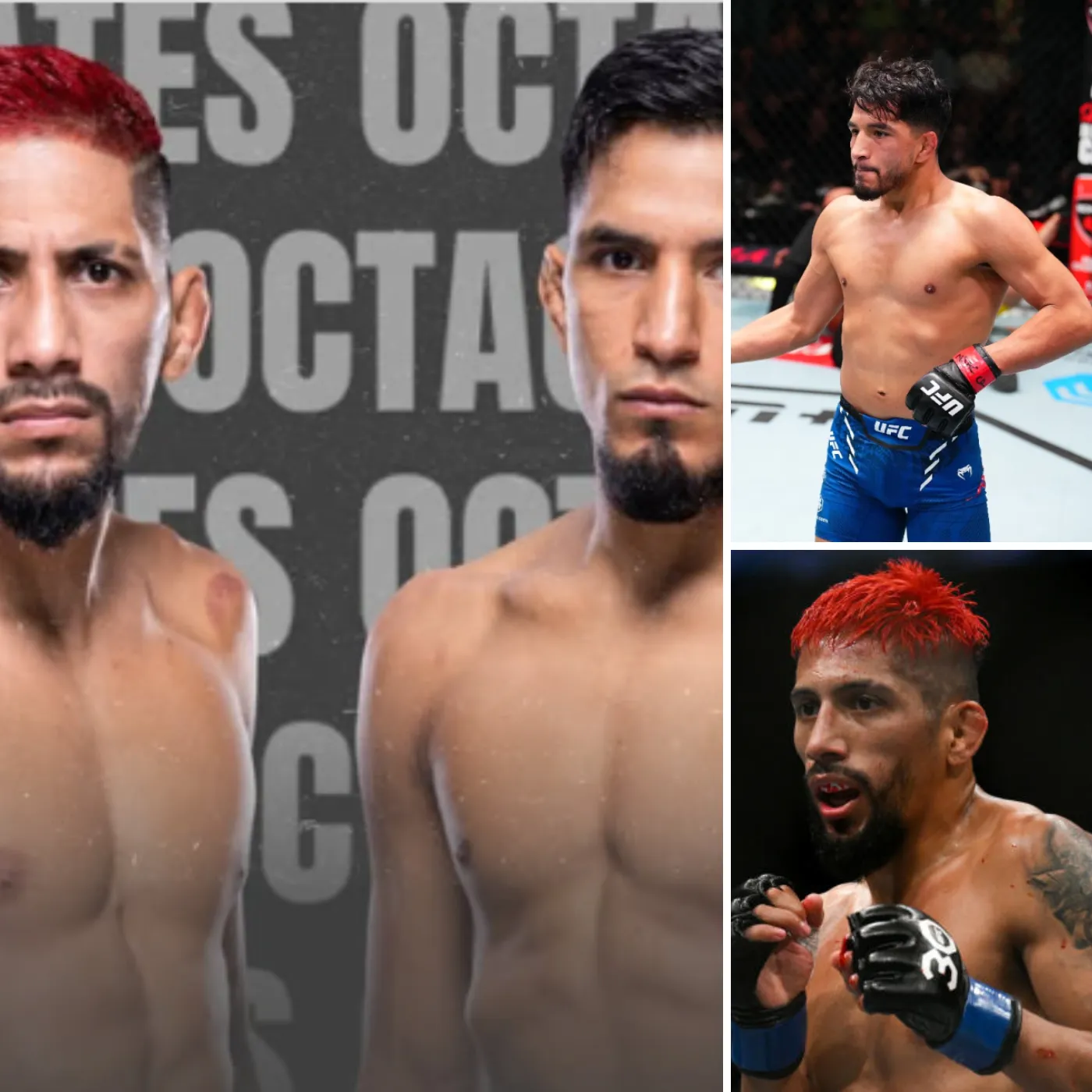After his wife gave birth, Bubba Wallace highlighted the concerns many men have.
In the world of NASCAR, Bubba Wallace is known for his strong presence both on and off the track. Recently, the racing star opened up […]

In the world of NASCAR, Bubba Wallace is known for his strong presence both on and off the track. Recently, the racing star opened up about an often-overlooked topic that many men face but rarely discuss. Following the birth of his child with his wife, Amanda Wallace, Bubba shared some candid reflections about the emotional and psychological challenges that many men experience during this significant life event. His comments have sparked a wider conversation on fatherhood, mental health, and the unique pressures men face during their partner’s pregnancy and the transition to parenthood.
Bubba Wallace’s Insight Into Fatherhood
Bubba Wallace, a leading figure in the NASCAR Cup Series, has always been an advocate for breaking down barriers and challenging the norms within the racing world. But his latest reflections are shining a light on a different issue: the emotional complexities fathers face during their partners’ pregnancies and after childbirth. In a heartfelt statement, Bubba spoke openly about the concerns that many men often keep to themselves when they are expecting a child with their partner.
The emotional transition from a couple to a family can be both thrilling and overwhelming. For Bubba Wallace, the birth of his child opened his eyes to the fears and worries that come with this major life change. While mothers typically experience physical and emotional shifts during pregnancy and childbirth, the father’s role in these early stages is often overlooked. Bubba Wallace’s openness about his own concerns has prompted a necessary discussion about the mental health of fathers.
The Hidden Struggles Men Face During Fatherhood
Bubba Wallace’s revelation about the emotional impact of fatherhood resonated with many men who may have been silently struggling with similar feelings. Many fathers experience anxiety about their ability to provide for their new family, doubts about being good parents, and concerns about the significant changes in their lives. While these thoughts are common, they are not often talked about in society, leaving many men feeling isolated in their experiences.
Bubba Wallace pointed out that there is often little conversation around the struggles that men face during the post-birth period. “The pressure of being the man in the situation, not knowing exactly what to do all the time, and trying to stay strong for your partner can be overwhelming,” he explained. His comments highlight the unique emotional burden many fathers carry, especially when they are trying to balance their roles as both partners and parents.
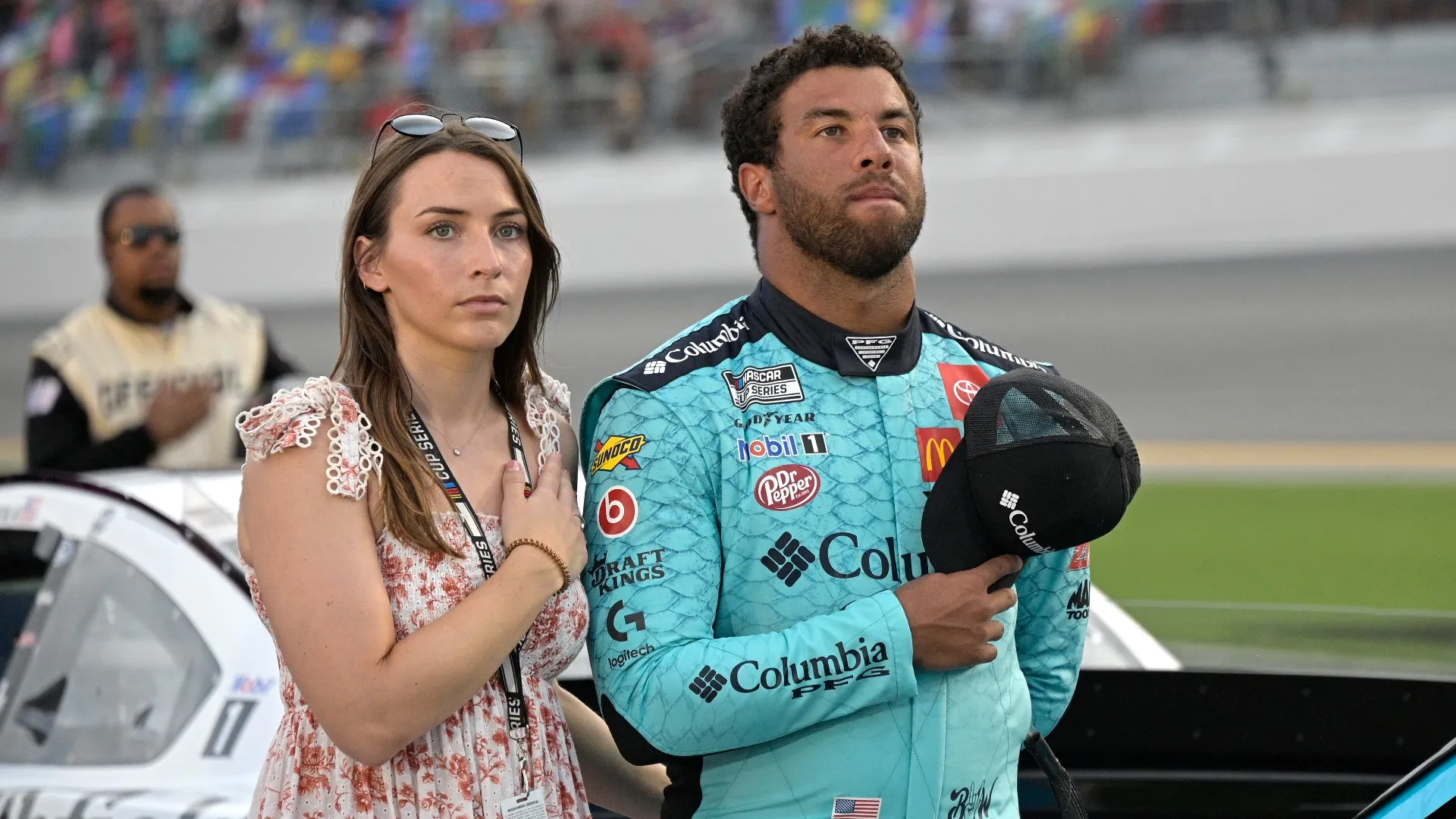
Mental Health and the Role of Fathers
Mental health is a growing issue in the sports community, and Bubba Wallace’s candid comments shed light on an often-ignored aspect of male mental health—fatherhood. While society has made strides in addressing the mental health of women, particularly after childbirth, the mental health of fathers remains underrepresented.
Bubba Wallace has been a vocal advocate for mental health awareness throughout his career. By speaking openly about his own experiences, he is helping to normalize conversations about mental well-being in men. His advocacy for better mental health support for men, especially fathers, is an important step toward breaking down the stigma that often surrounds emotional struggles.
In his statements, Wallace emphasized the need for fathers to feel comfortable seeking help and talking about their emotions. “Men need to realize it’s okay to be vulnerable; it’s okay to have concerns and to talk to someone about them,” he said. This message is a reminder that mental health is just as important for fathers as it is for mothers, and both parents deserve the support they need to navigate the challenges of parenthood.
Bubba Wallace’s Influence in Challenging Gender Norms
As a prominent figure in the NASCAR community, Bubba Wallace has used his platform to challenge traditional gender roles and expectations. His decision to speak openly about his concerns as a father is another example of his commitment to challenging societal norms and breaking down barriers. He is showing that it is okay for men, particularly high-profile figures like himself, to express their vulnerability and emotional struggles.
By sharing his experiences, Bubba is encouraging other men to open up about their own feelings surrounding fatherhood and to seek support when needed. This shift in perspective can help foster a more inclusive and supportive environment for men, both within the racing world and in society at large.
The Importance of Support and Open Conversations

One of the key messages from Bubba Wallace’s reflections is the importance of having open conversations about fatherhood and mental health. The transition to becoming a parent can be both exciting and intimidating, and it’s essential that fathers feel supported during this time. Whether through talking with partners, friends, or professionals, having access to the right support system can make a world of difference.
Bubba’s willingness to share his thoughts with the world offers hope to many men who might be dealing with similar concerns. It also encourages others to be more understanding and compassionate toward fathers who may be struggling with the pressures of parenthood.
Conclusion: A New Era of Open Conversations About Fatherhood
Bubba Wallace’s candid discussion about the emotional challenges fathers face is a refreshing change from the often-overlooked conversations surrounding male mental health. His reflections shed light on the pressure men experience during their partner’s pregnancy and after the birth of a child. As Bubba continues to challenge societal norms and advocate for mental health, his efforts will likely inspire many other fathers to share their experiences and seek the support they deserve. With open conversations and a shift toward more inclusive support systems, the struggles of fatherhood can be addressed, helping fathers to thrive in their new roles as parents.
